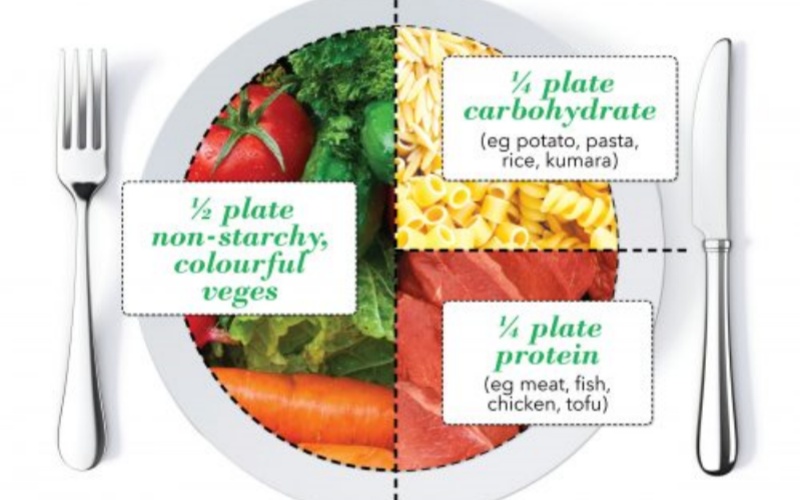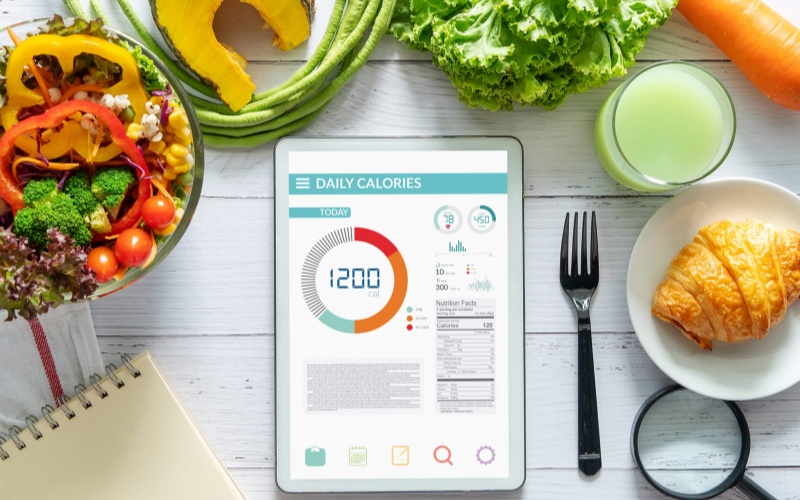One important aspect of caloric intake is recognizing individual needs. Factors such as age, gender, weight, height, and activity level all play a significant role in determining how many calories a person should consume. Generally, active individuals require more calories to fuel their bodies compared to those who lead a sedentary lifestyle. Online calculators and apps can help estimate daily caloric needs based on these factors, providing a personalized approach to diet planning.
Quality is just as important as quantity when it comes to calories. Not all calories are created equal. Foods high in sugar and unhealthy fats can lead to weight gain and health issues, even if consumed within caloric limits. Instead, focusing on nutrient-dense foods such as fruits, vegetables, whole grains, and lean proteins can provide essential vitamins and minerals while keeping caloric intake in check. These foods not only support overall health but also promote satiety, helping to control hunger.

Tracking caloric intake can be a valuable tool for those looking to make dietary changes. Keeping a food diary or using mobile apps can help individuals become more aware of their eating habits. This awareness can lead to better choices and a more balanced diet. However, it is important to approach tracking with a healthy mindset, avoiding obsession over numbers and instead focusing on nourishing the body.
Another useful tip is to practice portion control. Understanding serving sizes can prevent overeating and help maintain a balanced caloric intake. Using smaller plates and measuring portions can be effective strategies. Additionally, listening to hunger cues is vital. Eating mindfully and recognizing when you are satisfied can help avoid unnecessary snacking and emotional eating.

Incorporating regular physical activity is also essential for managing caloric intake. Exercise not only burns calories but also contributes to overall health and well-being. Combining a balanced diet with regular activity can create a sustainable lifestyle that promotes weight management and enhances energy levels.
Understanding caloric intake is a fundamental aspect of healthy living. By focusing on quality foods, practicing portion control, and maintaining an active lifestyle, individuals can effectively manage their caloric intake and support their overall health goals. This balanced approach fosters a positive relationship with food and encourages lasting wellness.




